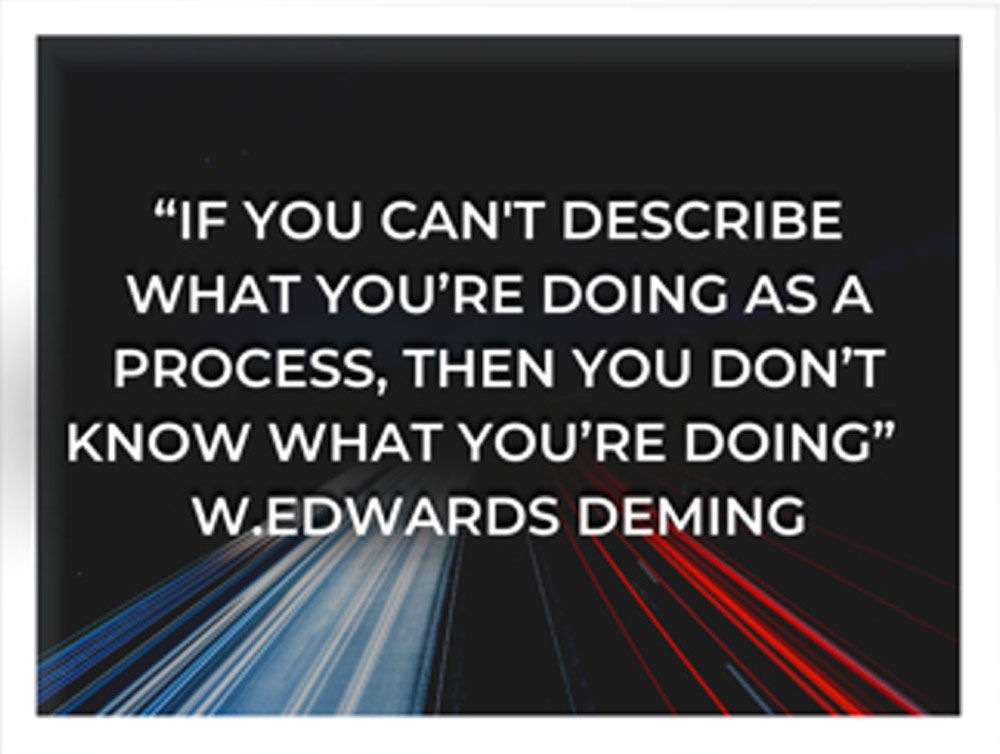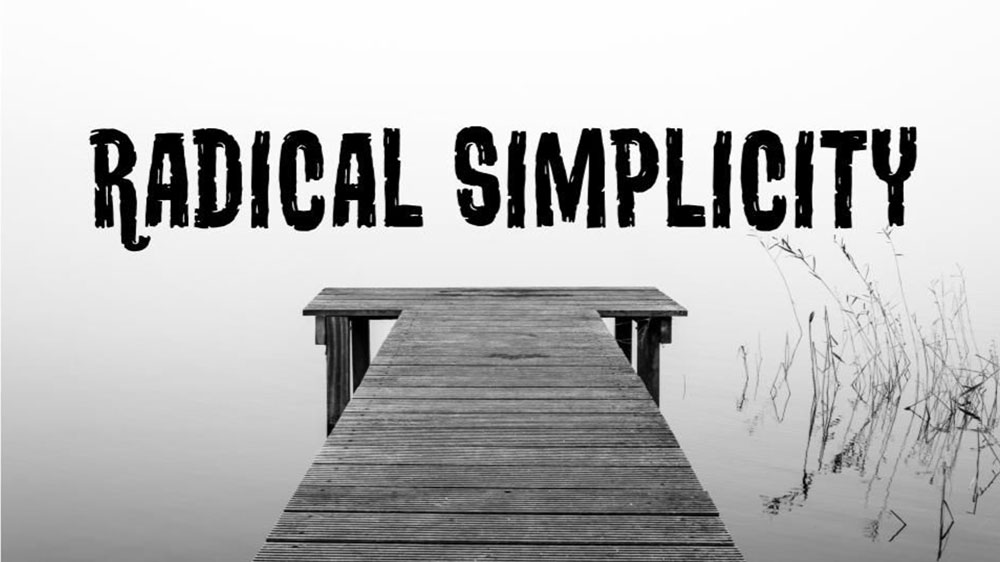
(Photo source: Common Ground Collaborative)
---------------------------------------------------------------------------------
...or the painful discovery of the blindingly obvious...
From the 4th century BC onwards, gatherings of learned alchemists expended a great deal of time and energy trying to turn base metal into gold. It didn’t work. Fast forward to tomorrow, and gatherings of learned individuals expend a great deal of time and energy trying to turn base metal into gold. The difference is that we don’t call it alchemy. We call it school. The similarity is that it doesn’t work.
Take “teacher evaluation systems.” We can scour the factory floor for the broken shards of industrial models and try to re-combine them into golden solutions. It doesn’t work. A qualifier here, “it doesn’t work” if we believe that our primary purpose is improving learning. If you don’t believe me, ask a room full of teachers or a conference full of experienced leaders. We can mix “walk-throughs” (or “drive bys” to give them their more common name among teachers) in any combination we like. We can throw in the bizarre number of teaching standards that non-teaching “experts” promote. We can have teachers write multiple personal goals, or “letters to Santa” as I’ve come to think of them. We can hold pre-during-after conversations with teachers. We can throw all this in a pot and whisper incantations over the mixture...the contents will never become gold.
Why not? Here are a few generalizations about many current approaches:
I could go on, but it feels embarrassingly like overkill and sounds increasingly negative. Besides, it’s easy to criticize the status quo, and ultimately unhelpful. To be more positive and useful, let’s look at systems that do work, for certain, right now, in real schools.
Our only goal is to improve student learning by informing teacher practice. We have a certain amount of time and energy available to us to address that challenge. We need to spend them efficiently and effectively. If we want to get better at something we have to learn to get better at it. Each teacher can learn to get better if they want to, but a handful of “supervisors” can’t make them. So, we don’t need teacher evaluation systems. We need professional learning systems.
Note: There are teachers who should not be teachers. We need to deal with that separately, as quickly, fairly, and painlessly as our legal context allows, and not through protracted attempts to change non-teachers into teachers. Alchemy doesn’t work there either.
If we want to improve the teaching process, we need to start by defining the learning process. The Common Ground Collaborative has defined the learning process as follows, "Learning is the process of the consolidation and extension of conceptual understanding, competency, and character," or the three Cs of learning.

The why behind this definition is that it provides our core, shared purpose to develop learning experts with deep conceptual understanding of ideas that matter, high levels of competency in key skills, and strong positive moral character. The three Cs personified.
Critically, each of those three Cs is supported by a simple three-stage pedagogy.

(Photo source: Common Ground Collaborative)
There’s more, but that’s the heart of it, and it works. Shared, systemic, and simple. Radically simple.
--------------------------------------------------------------------------------
Kevin Bartlett is the founding director of the Common Ground Collaborative.
[email protected]
#CCGKevin